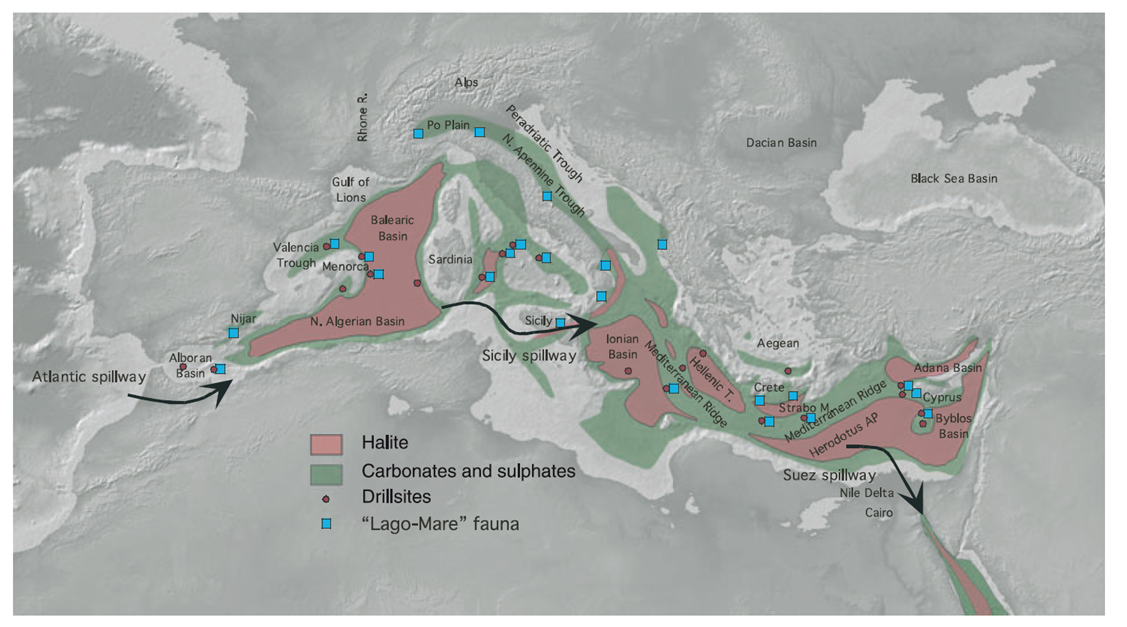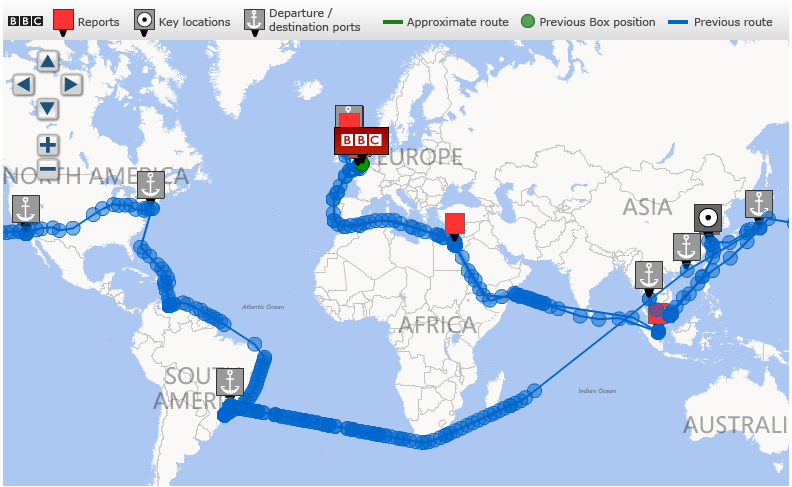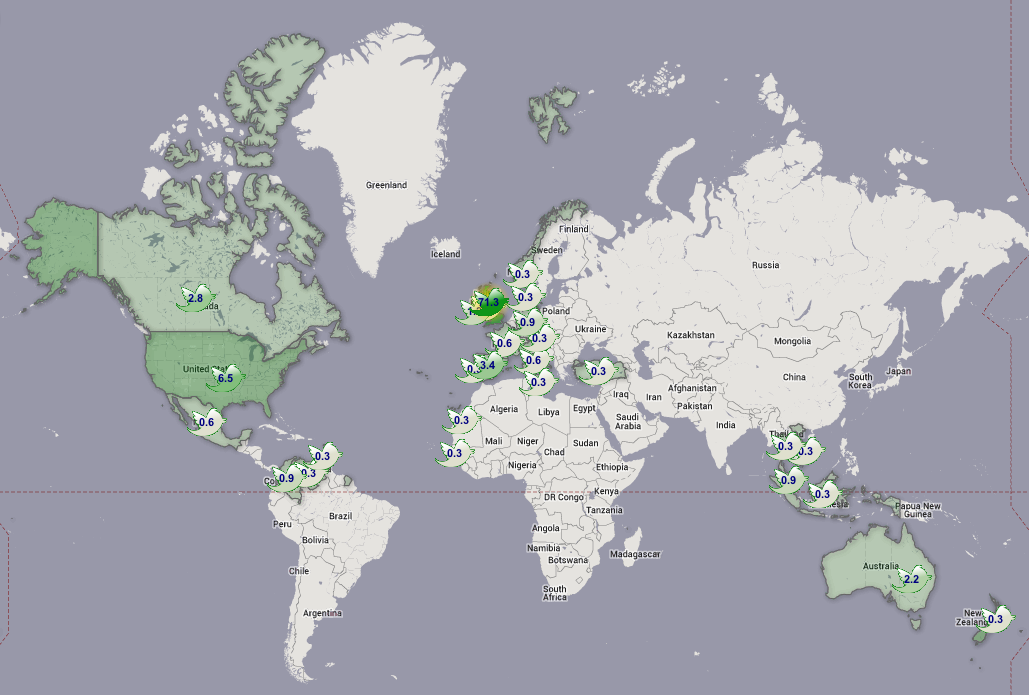
We want your links!
Dear MOOCers
This weeks activity has been to share your info graphics with us relating the amount of salt in the sea, to another known volume, and we have had some amazing creations, I have particularly enjoyed the "7 Billion Elephants" analogy, and the excellent image relating how much sea water would be needed to obtain Juan Mata's weight in salt!
One of the highlights of facilitating on this course has been the interaction between students, facilitators and educators, and a lot of...
Continue reading →






